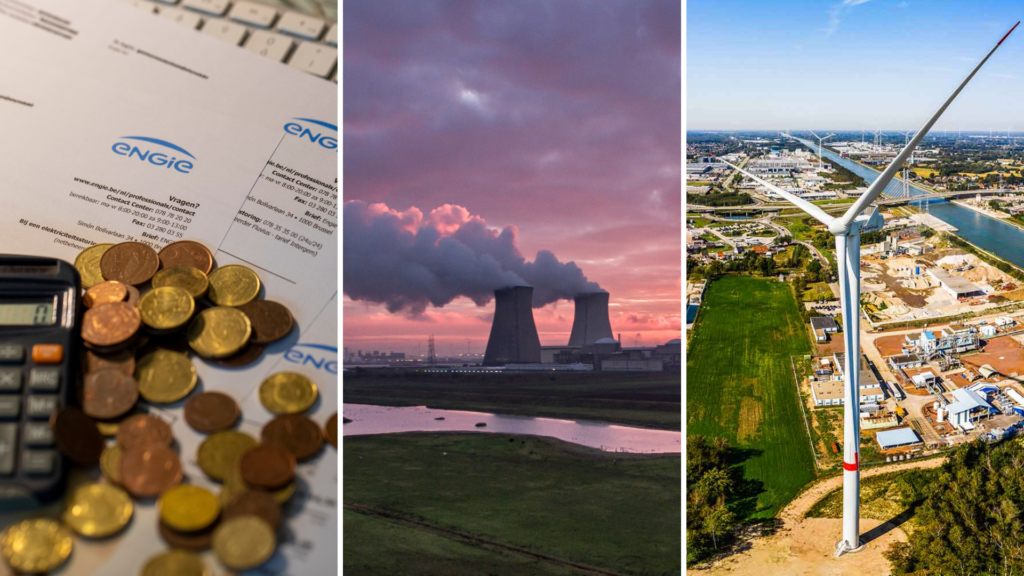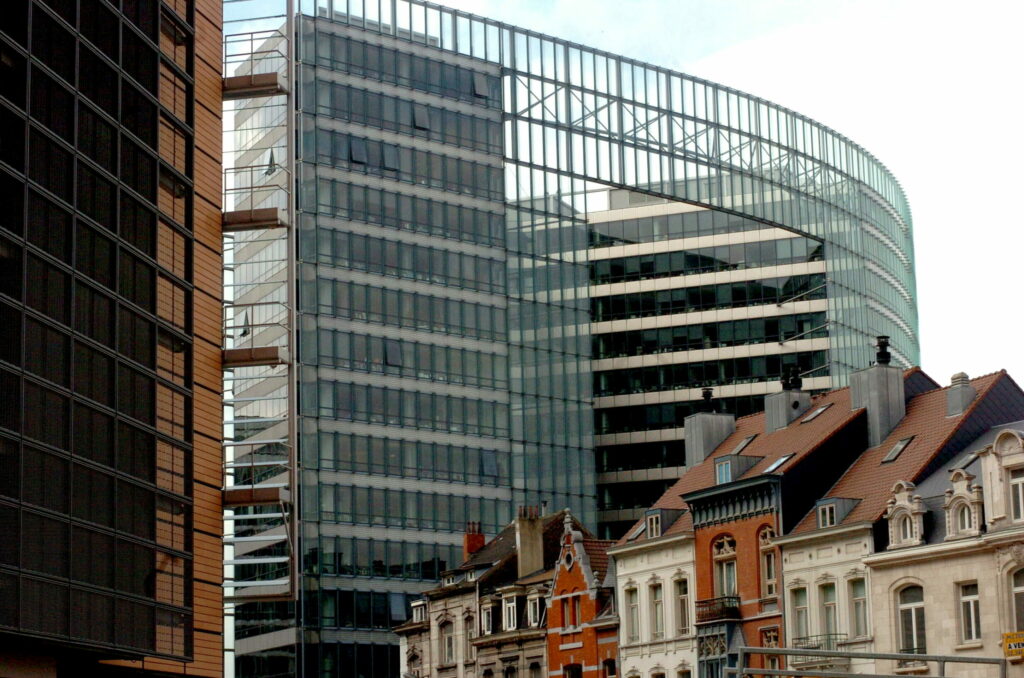Energy markets are fantastically complicated arrangements: both at the mercy of grand-scale geopolitics and minutely local conditions to the point that neither supercomputers nor crystal balls can definitively calculate the end cost for consumers.
The fabric of Europe's energy network has been stretched close to breaking point in the last two years, in fact the price spikes did spell closing time for numerous businesses that were unable to weather the volatility. Meanwhile governments stepped in to shield consumers from the most fearsome price hikes, though in doing so incurred substantial debts. Not long after energy providers were making hay like never before.
The instability was alarming and made a strong case for asserting control over energy supplies, admittedly something that requires years of foresight and infrastructure investment.
For Belgium this raised a few problems, most pressingly nuclear. This established pillar of the national energy mix (historically close to half of the electricity needs) had been undermined by plans to pivot towards renewables and the lifespan of its reactors was nearing an end before green alternatives were ready to take up the demand.
But with Europe forced to rapidly reassess its attitude towards gas as Russia rolled into Ukraine, nuclear became a resource too valuable for Belgium to give up. Cue months-long discussions between the government and Engie, which operates the power stations. How much would it cost to keep the reactors going? And who would bear the burden?
After much back and forth a deal was struck in December. Central to this was the forecast of electricity prices for the ten years that the reactors have been extended: if it rises above a defined threshold, the surplus profits will go to the State. But if wholesale electricity prices fall below the threshold, the State has committed to pay Engie the difference.
The arrangement has created a paradoxical situation in which the State will benefit from higher energy prices. On the other hand, prices below the threshold will cost the State – and thereby the taxpayer. Except that for consumers – whether an individual household or an energy-intensive factory – the lower the cost of energy, the better.
It's all rather topsy-turvy but with electricity price forecasts falling, the bill left to the State could be painful to the tune of several billion. If recent events have proven anything it's the difficulty of pinning a price on future energy costs. And the nuclear agreement adds yet another layer of complexity.
Belgium in Brief is a free daily roundup of the top stories to get you through your coffee break conversations. To receive it straight to your inbox every day, sign up below:
1. Nuclear extension with Engie could cost Belgium €1.5 billion
Extending the lifespan of Belgium's nuclear power plants could cost the State around €1.5 billion as electricity prices decrease more quickly than expected, according to a government report picked up by Het Laatste Nieuws on Wednesday. Read more.
2. How Brussels and its international institutions learned to live together
The Brussels-Capital Region and the international institutes that today call it home enjoy a synergy that benefits both. But building the relationship between the institutional heavyweights and the city has been a concerted effort to bring together the local and super-national. Read more.
3. How drug gangs took over Antwerp’s port
Europe’s cocaine trade is booming and the drug’s gateway of choice is now the port of Antwerp. As the market has grown, so too have the drug gangs who find ever more ingenious ways to smuggle it in, often confounding the stretched Belgian authorities. Read more.
4. 'Vicious cycle': Rising drug violence expected to fuel illegal arms trade
A drastic increase in the illegal arms trade is looming over Belgium in the coming decades, as weapons have become easier to attain and drug gangs are increasing demand. Read more.
5. 100 years of Belgian surrealism: Brussels organises two major exhibitions
As surrealism is celebrating its 100th anniversary this year, Brussels is celebrating it with two exhibitions on Belgium's famous avant-garde movement – both opening today. Read more.
6. 22 communes to lower tax burden for residents
22 municipalities across Belgium will lower the tax burden for their residents in 2024, including two communes in the Brussels-Capital Region. Read more.
7. Brussels sprouts
A lot has changed in Brussels in the last 30 years. But it has changed in a very Brussels way – slowly, surreptitiously and with little hype or fanfare. Read more.


